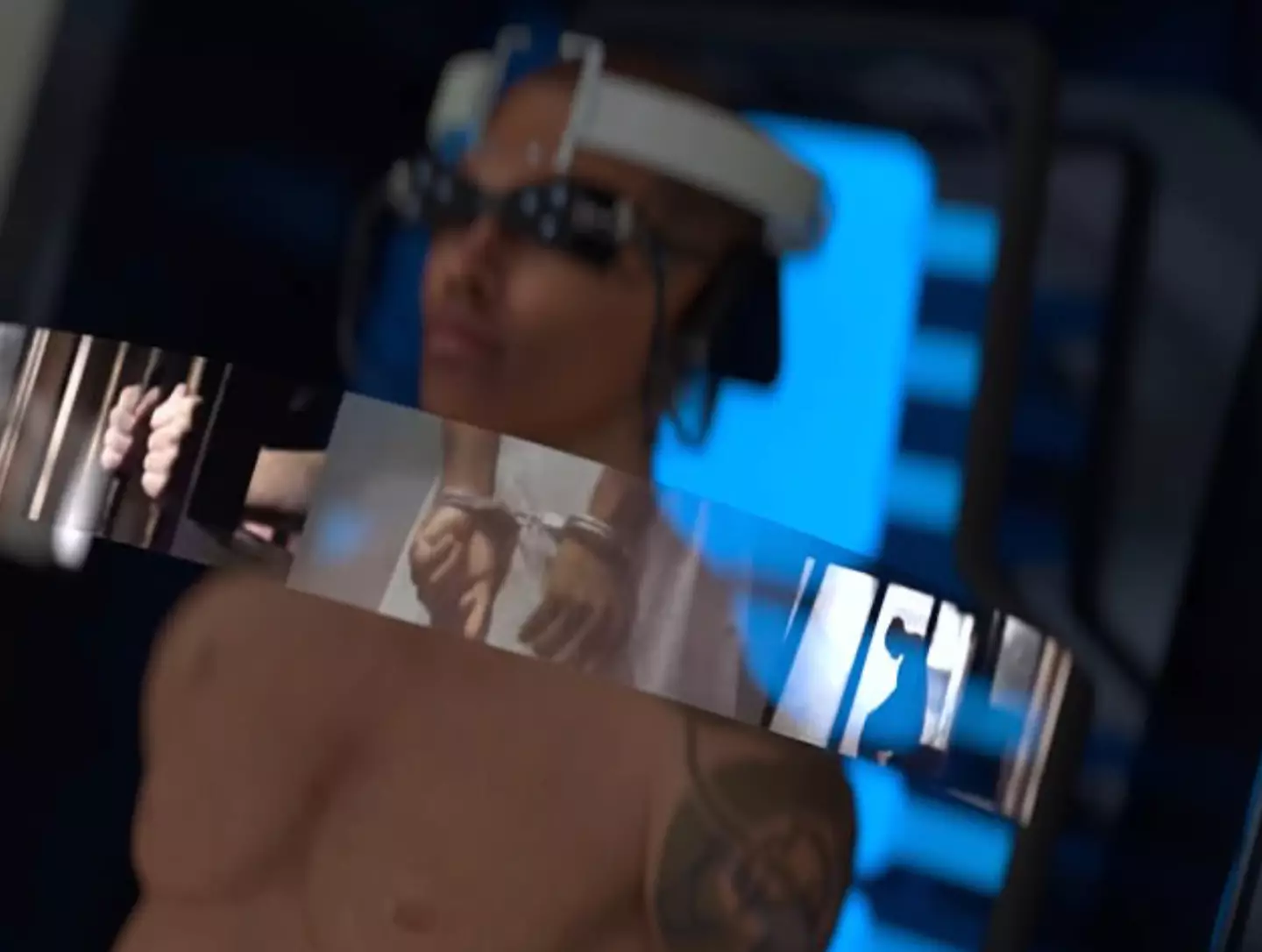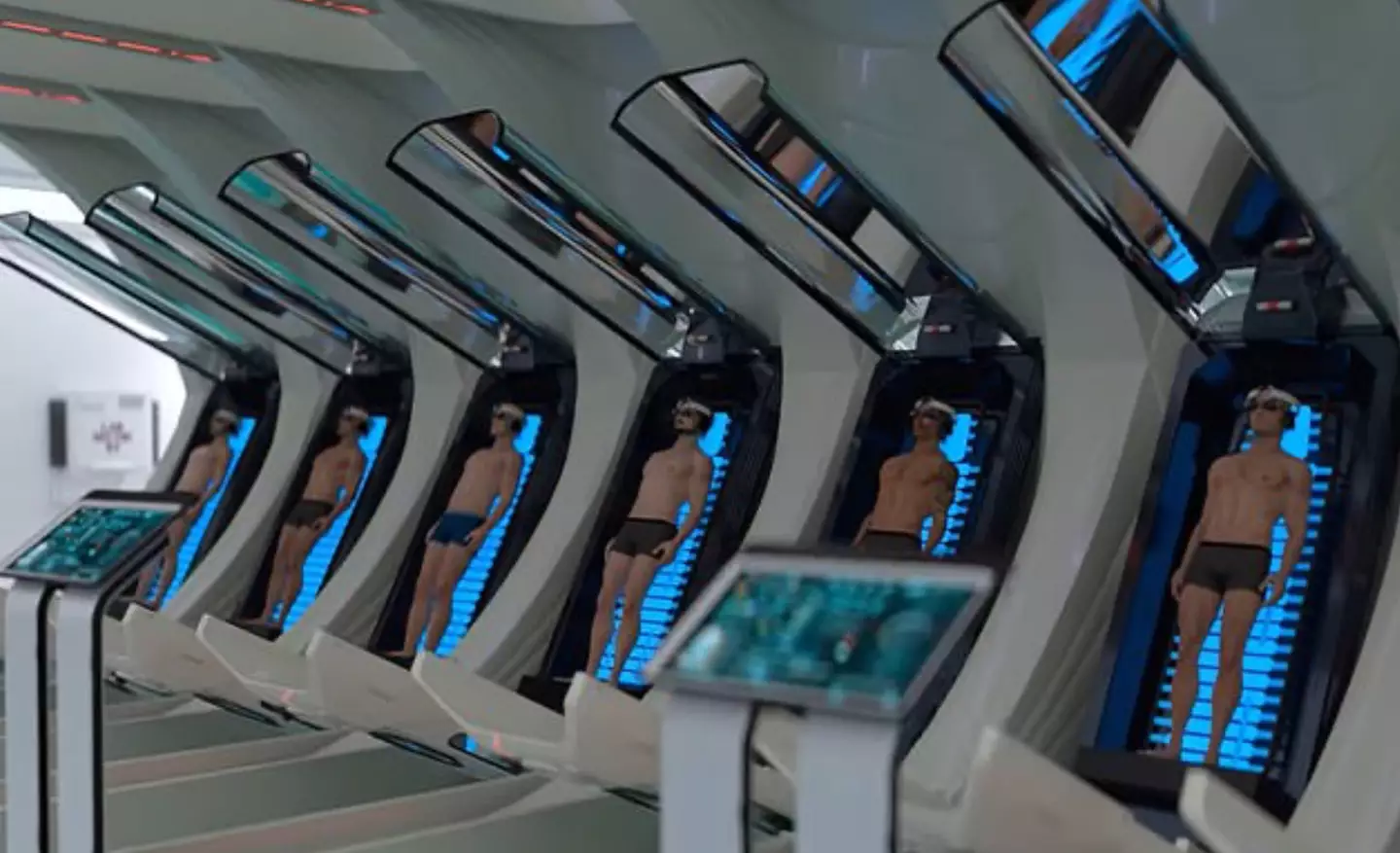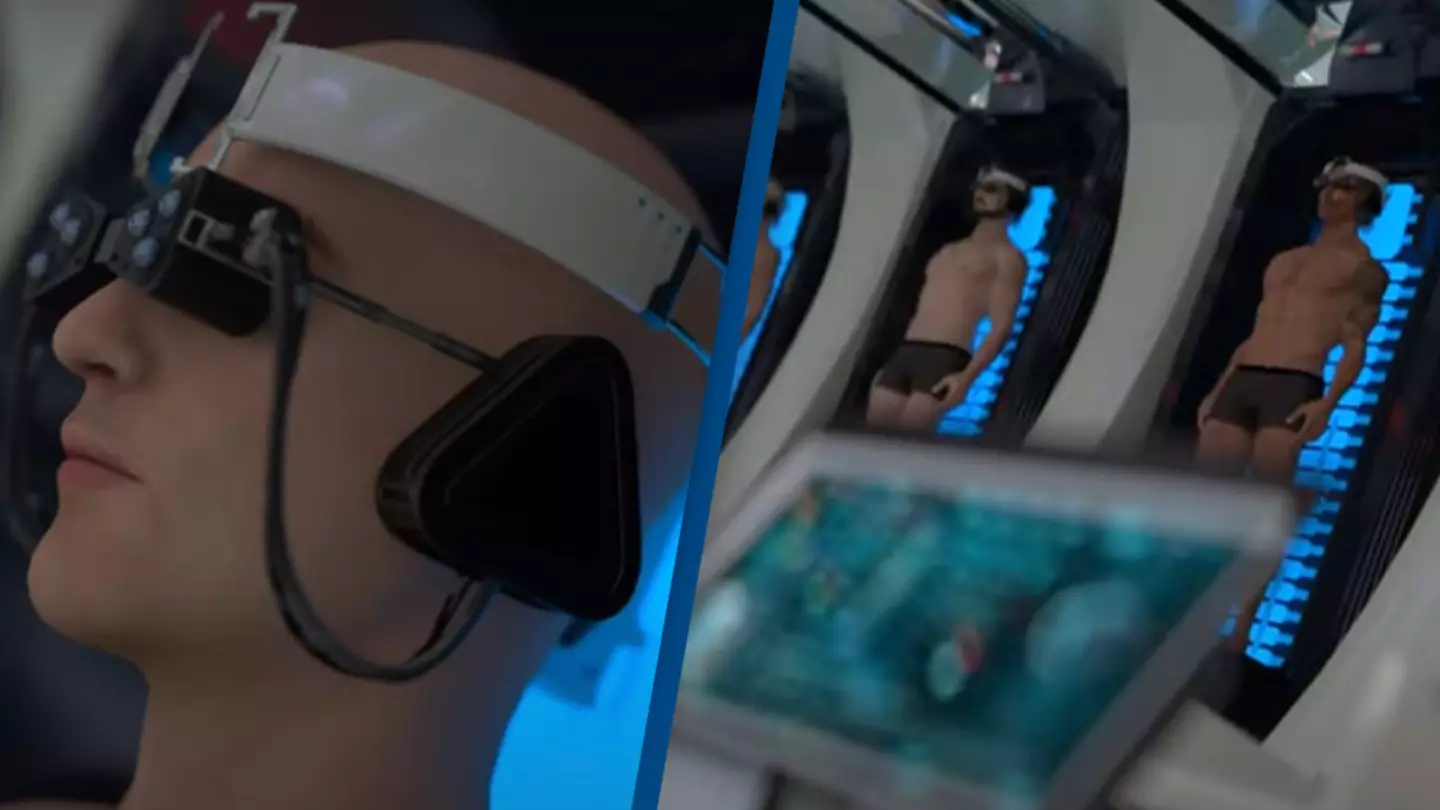In the age of rapid technological evolution, scientists are pushing the boundaries of what’s possible, and it’s truly like something out of science fiction. For many, this rapid development can be somewhat unsettling, yet it undeniably catapults us into what feels like the future. A prime example of this futuristic innovation is a newly proposed concept for a prison system that could radically transform how we handle crime and rehabilitation. Known as Cognify, this concept involves implanting synthetic memories of a crime into the mind of the perpetrator, potentially reducing years of jail time to mere minutes.
The brain behind this revolutionary idea is scientist Hashem Al-Ghaili, who envisions a system where offenders can experience the consequences of their actions from their victims’ perspectives. This would be achieved through a combination of VR-like devices and artificial intelligence, which creates footage showing the crime from the viewpoint of the victim.

Additionally, the system might incorporate a brain implant designed to induce feelings of remorse or regret—emotions that might not naturally occur in individuals who commit severe crimes. Al-Ghaili’s goal with Cognify is not only to expedite the rehabilitation process but to make its effects lasting, thereby embedding a permanent sense of accountability in the offender’s mind.
Current prison systems are often criticized for failing to deter repeat offenses—a sentiment backed by numerous studies in 2021, which suggest that conventional incarceration does little to prevent recidivism. Al-Ghaili’s innovative approach aims to tackle this issue head-on by allowing criminals to truly learn from their past actions.
According to a narrative video explaining the Cognify system, the technology would be capable of creating and implanting artificial memories that are complex, vivid, and life-like directly into the offender’s brain. These memories, generated in real-time using AI, would make the rehabilitation process last only several minutes, although it would feel like years to the person experiencing it.

Before this mental and emotional journey begins, offenders would undergo a detailed brain scan to map out their neural pathways, focusing on areas linked to memory, reasoning, and emotional processing like the hippocampus, prefrontal cortex, and amygdala. This detailed mapping ensures that the synthetic memories target the correct areas to encourage genuine cognitive and emotional responses.
Moreover, Cognify could potentially invoke physical sensations as well, allowing the offender to feel the pain and suffering experienced by their victims. The system is designed to simulate not only the immediate consequences of the crime but also the long-term emotional and physical trauma suffered by victims and their families. This immersive experience could be a powerful deterrent against future offenses, providing a profound understanding of the full impact of their actions.

This ambitious concept could completely redefine the purpose and function of prisons, turning them into places of rapid transformation rather than mere punishment. By leveraging cutting-edge technology, Cognify could offer a more effective solution to rehabilitation, aiming for a future where empathy and understanding pave the way for genuine change.

